The surprising origins of Thanksgiving in Canada
Also in this issue: Hurricane woes, the power of one minute of effort and Shakespeare's words adapted for this weekend
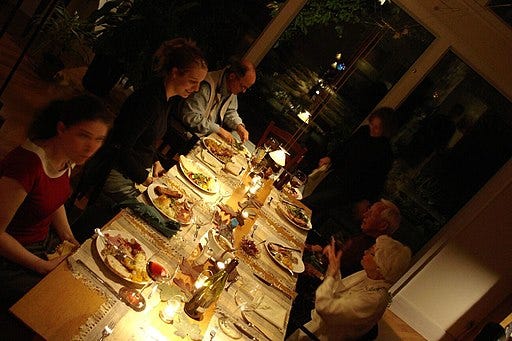
Monday is Thanksgiving Day in Canada. If you’re a fellow Canadian, enjoy the long weekend. It’s a glorious time of year.
The reason why Canadian Thanksgiving is so early in the season compared to the festivity in the United States (November 28th) relates to a decision taken in 1957 to distinguish this celebration from the solemn observance of Remembrance Day in November (Veteran's Day in the United States). More on that in a moment.
While the modern tradition of Canadian Thanksgiving is very similar to the American holiday, with its large meal and family gatherings, let's take a step back to look at the origins, because they are quite different.
Northern expedition
It's believed the first "thanksgiving" by Europeans in North America was held in 1578 by the English seaman, Sir Martin Frobisher, in the Eastern Arctic.
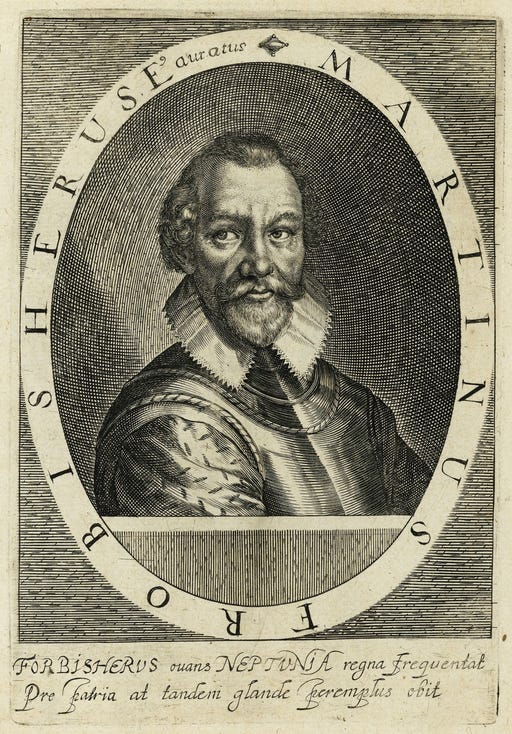
Unlike the Pilgrim settlers who, more than forty years later, in 1620, established a colony in Plymouth, Massachusetts, Frobisher and his crew were not homesteaders. They were explorers. Frobisher first gained fame as a privateer who raided French vessels for riches on behalf of the English Crown. Years later he was knighted for his efforts in fighting the Spanish, but before that he led three expeditions to the New World looking for the elusive sea lane linking the Atlantic and Pacific oceans through the arctic. Those were risky voyages made difficult by icy conditions, food shortages and uncharted waters.
That 1578 meal with which Frobisher's men expressed their gratitude was rather bland by today's standards:
They ate a meal of salt beef, biscuits and mushy peas to celebrate and give thanks for their safe arrival in what is now Nunavut. They celebrated Communion and formally expressed their thanks through the ship’s Chaplain, Robert Wolfall, who, according to explorer Richard Collinson, “made unto them a godly sermon, exhorting them especially to be thankefull to God for theyr strange and miraculous deliverance in those so dangerous places [sic].”
-From The Canadian Encyclopedia (additional source details below.)
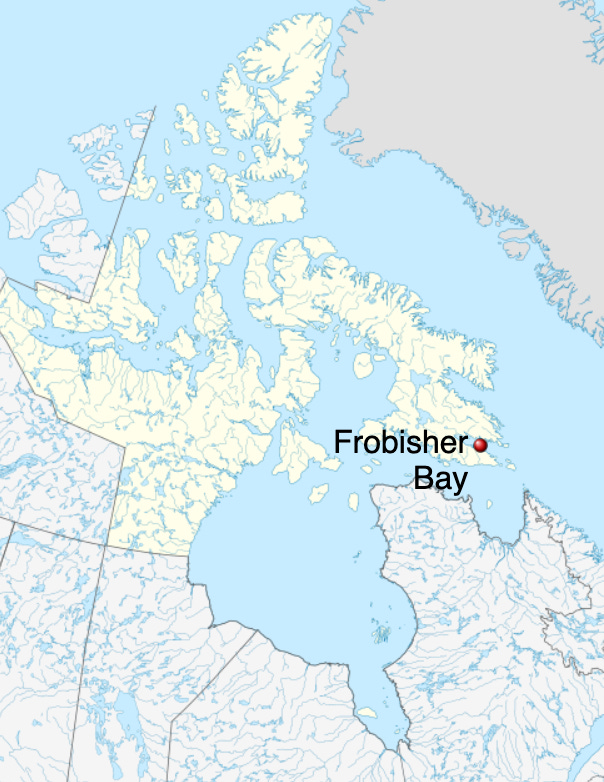
New France
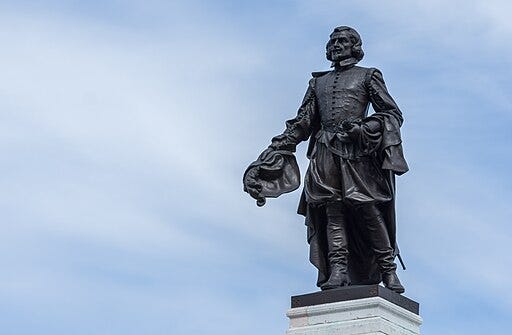
Some time later, in November, 1606, the inhabitants of New France (Québec) under the rule of another explorer, Samuel de Champlain, held huge thanksgiving feasts involving the local indigenous people (Mi'kmaq) and the French. In these celebrations, food was the focus. And cranberries in particular, played a starring role:
Though not known at the time by the settlers, cranberries, rich in vitamin C, are credited with helping avoid scurvy. The neighbouring Mi’kmaq likely introduced the French to cranberries, or as they called them, petites pommes rouges (little red apples).
Champlain’s feasts were more than an annual affair. To prevent the scurvy epidemic that had decimated the settlement at Île Sainte-Croix in past winters, the Ordre de Bon Temps (Order of Good Cheer) was founded, offering festive meals every few weeks. Medical treatises recommended better nutrition (more food) and entertainment to combat scurvy.
-from Canada’s History
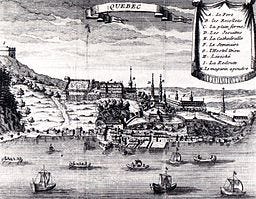
American Thanksgiving
In the United States, the national Thanksgiving holiday took its roots from that initial feast in November 1621 celebrated by the Pilgrims with their Indigenous neighbours. President George Washington proclaimed the celebration a national holiday in 1789, but it didn't stick until Abraham Lincoln proclaimed a national day of thanksgiving in 1863, choosing the fourth Thursday in November. It was made an official federal holiday in 1870 by President Ulysses S. Grant.
Setting a fixed date
In Canada, Thanksgiving was celebrated on different dates from April to November, coinciding with other events and recurrences. It wasn’t until 1879 when it was declared a national holiday to be held on November 6th. An official proclamation of parliament in 1957 changed the date to the second Monday of October, to distinguish Thanksgiving from Remembrance Day and also aligning it with Canada's harvest season.
~~~
Sources:
The Canadian Encyclopedia, Thanksgiving in Canada
Web site: Canada’s History The History of Thanksgiving in Canada
The Collector: Why Is Canadian Thanksgiving on the Second Monday of October?
Hurricane woes
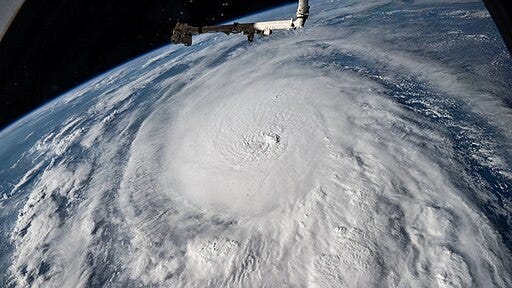
After last week’s post about the storm-proof housing development near Sarasota that held up so well after the destructive ocean surges of Hurricane Helene, it was heartening to see that residents at Hunters Point fared well after Hurricane Milton hit this week.
76-year-old William Fulford chose to shelter in place. He told the media that the housing complex experienced minimal damage despite the devastation in the area.
“The solar power kicked in when the city's grid went out, and we're still running on solar right now. It charges up during the day and then powers us through the night,” Fulford told Business Insider.
Milton made landfall at Siesta Key Wednesday evening, south of Tampa, lashing the coast with high winds, spawning dozens of tornadoes and creating a storm surge of over 3 metres. Electricity was cut to millions of homes and property was damaged throughout the central part of the state. At least 17 people died.
As the clean-up effort continues, it’s clear that the back-to-back hurricanes will leave behind long-term economic repercussions, including disruptions of supply chains, layoffs and chaos in the U.S. insurance market. Rebuilding will cost many billions of dollars. For an interim overview of the economic impacts, see this article by Semafor.
~~~
James Clear’s motivational minute

Here’s a powerful piece of advice from author James Clear (Atomic Habits). Something to remember: one is infinitely better than zero.
This is what he means:
Two is twice as good as one, but one is infinitely better than zero.
One minute of making sales calls is infinitely better than zero minutes.
One minute of meditation is infinitely better than zero minutes.
One minute of writing is infinitely better than zero minutes.
Sure, it might be ideal to spend an hour doing these things, but one minute gets you in the game. Now you're learning. Now you're improving. Now results are possible. One doesn't seem like much, but it's something real. At zero, you're still dreaming.
-from James Clear’s 3-2-1 Thursday newsletter
~~~
In closing, some timeless observations from Shakespeare

On this Canadian Thanksgiving weekend, I’d like to share these lines from Shakespeare:
How far that little candle throws his beams!
So shines a good deed in a naughty world.
-Portia speaking in The Merchant of Venice, Act V, Scene 1. (She has some truly memorable lines in this play.)
Here’s another quotation from the same play that resonates at this time of year:
The quality of mercy is not strained.
It droppeth as the gentle rain from heaven
Upon the place beneath. It is twice blest:
It blesseth him that gives and him that takes.
-Portia again, Act IV, Scene 1.
As we struggle through the tangle of conflicted and sometimes dark days, let’s take a moment to appreciate the light in each other and give thanks for the many blessings we still enjoy.

Happy Thanksgiving!
~~~~
My little sketch this week is a view of the Burrard Bridge in Vancouver, as seen from Granville Island, a shopping, dining and cultural event space.
Thanks for reading Zanepost. Previous articles are available on the main page, here.
Between newsletters you can connect with me and other writers on Substack Notes.
Until next time,
-Renato.





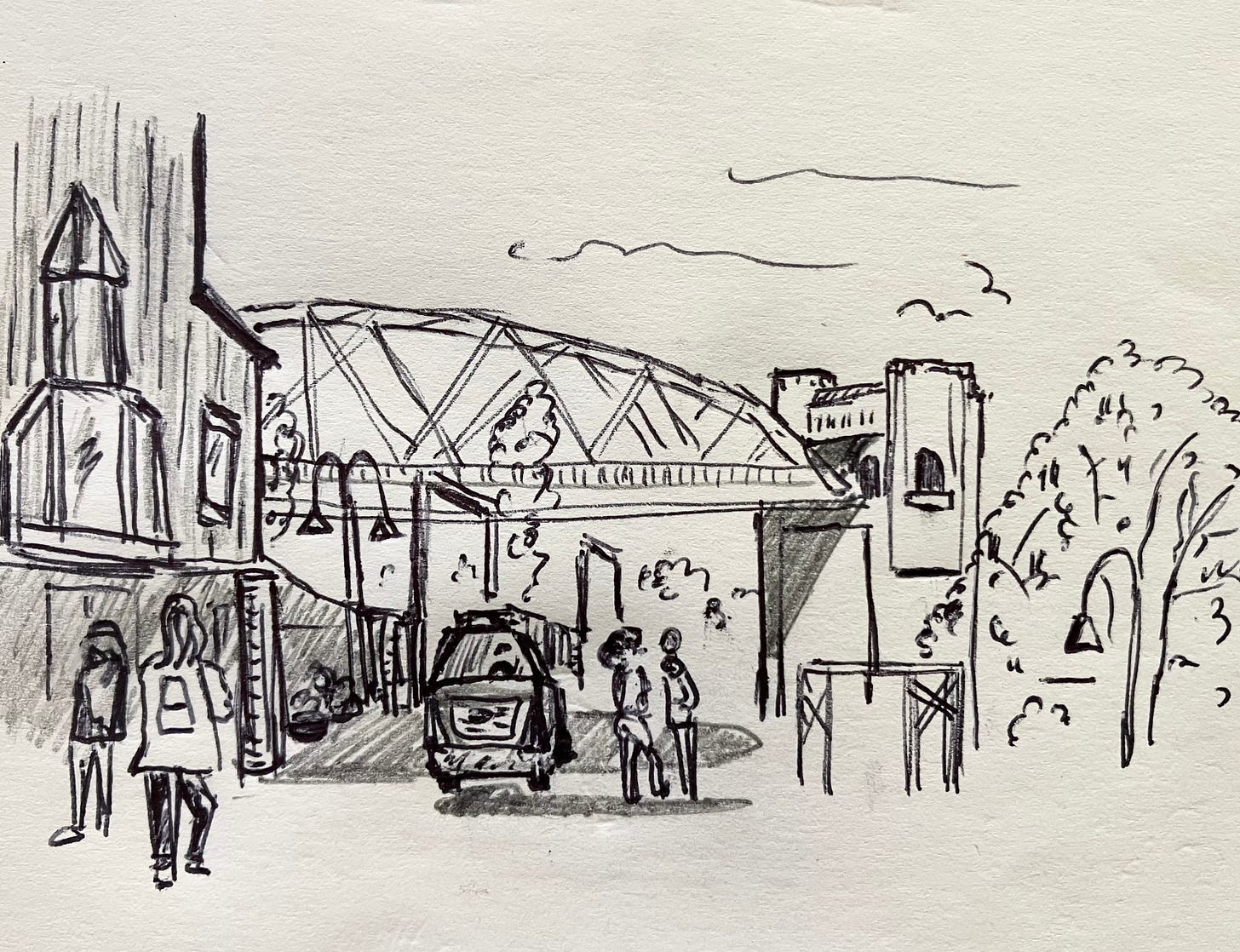
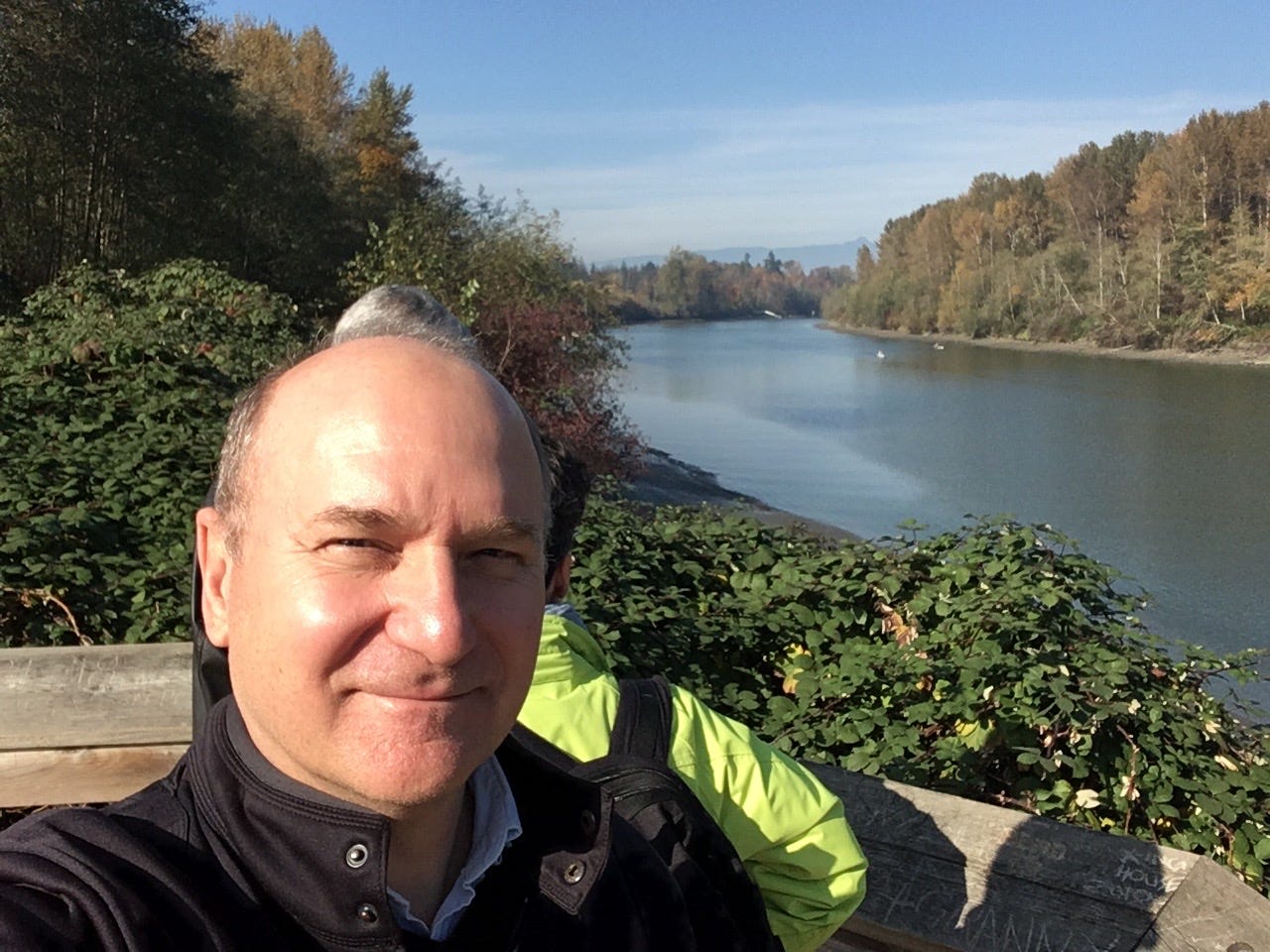
I'm finding my interest in history is much greater now than when I was learning it in school. And everyone's history is fascinating in its own right. Thanks for sharing this and enjoy your Canadian-style celebration!
As always, I enjoyed your post, Renato. Although I'm from Canada I was always taught we celebrated Thanksgiving in October because harvest time is earlier in Canada than in the US. I've never heard the story about Frobisher before. Thank you for sharing this piece of history.
I wish you and your wonderful family a blessed and Happy Thanksgiving!